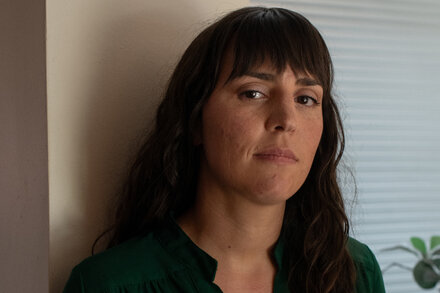Millions worldwide grapple with the frustrating reality of sleepless nights, often asking, “I can’t sleep. Now what?” This common predicament, ranging from occasional difficulty falling asleep to chronic insomnia, significantly impacts daily function and overall health.
Sleep experts point to a multitude of factors contributing to sleeplessness, including stress, anxiety, poor sleep hygiene, certain medical conditions, and lifestyle choices. The consequences of insufficient sleep extend beyond daytime fatigue, affecting mood, concentration, productivity, and long-term physical health.
Understanding the Causes of Sleeplessness
One of the primary drivers of acute insomnia, characterized by short-term sleep difficulties, is often related to stress or significant life events. Chronic insomnia, however, persists for three or more nights a week for at least three months and can be linked to underlying medical conditions, mental health disorders, or ingrained poor sleep habits.
Dr. Sarah Miller, a sleep specialist, emphasizes the importance of identifying the root cause. “Before we can effectively treat sleeplessness, we need to understand why it’s happening,” Dr. Miller states. “Is it an environmental factor, a behavioral pattern, or an underlying health issue? The ‘now what’ depends entirely on that diagnosis.”
Actionable Steps for Better Sleep
For those experiencing occasional difficulty sleeping, numerous strategies can be implemented immediately:
- Establish a Consistent Sleep Schedule: Go to bed and wake up at the same time every day, even on weekends. This helps regulate the body’s natural sleep-wake cycle.
- Optimize Your Sleep Environment: Ensure your bedroom is dark, quiet, cool, and comfortable. Blackout curtains, earplugs, or a white noise machine can be beneficial.
- Limit Stimulants and Heavy Meals: Avoid caffeine and nicotine in the late afternoon and evening. Heavy or spicy meals close to bedtime can also disrupt sleep.
- Incorporate a Relaxing Bedtime Routine: Engage in calming activities before bed, such as reading, taking a warm bath, or practicing gentle stretching. Avoid screens (phones, tablets, computers) for at least an hour before sleep.
- Exercise Regularly: Physical activity during the day can promote better sleep at night, but avoid intense workouts too close to bedtime.
When to Seek Professional Help
While basic sleep hygiene improvements can significantly help many, persistent sleeplessness warrants a consultation with a healthcare professional. This is particularly crucial if insomnia affects daily functioning, lasts for more than a few weeks, or is accompanied by other concerning symptoms.
Medical evaluation can rule out sleep disorders such as sleep apnea or restless legs syndrome, and underlying health conditions that might be contributing to sleep problems. Cognitive Behavioral Therapy for Insomnia (CBT-I) is often recommended as a first-line treatment for chronic insomnia. This structured program helps individuals identify and replace thoughts and behaviors that hinder sleep with habits that promote sound sleep.
“The journey to better sleep often requires patience and a multi-faceted approach,” advises Dr. Alex Chen, a sleep researcher. “It’s not just about one quick fix, but about cultivating a sustainable relationship with rest. The first step is acknowledging the problem, and the next is taking informed action.”
Addressing the question “I can’t sleep. Now what?” begins with self-assessment and applying foundational sleep practices. For many, these steps are sufficient. For others, professional guidance provides a path to understanding and effectively managing the complexities of their sleep challenges, ultimately leading to more restful nights.
Source: Read the original article here.





